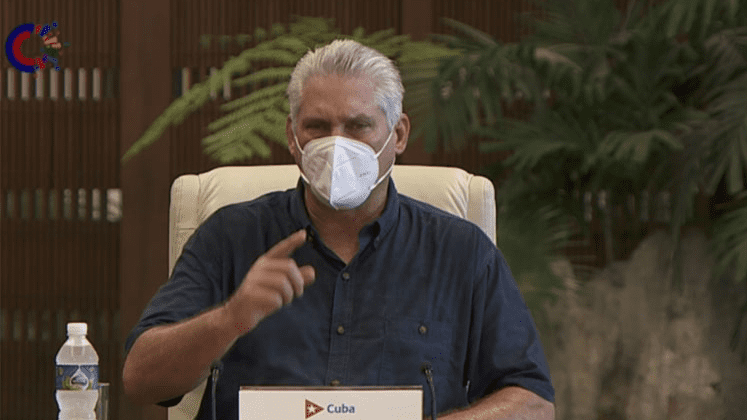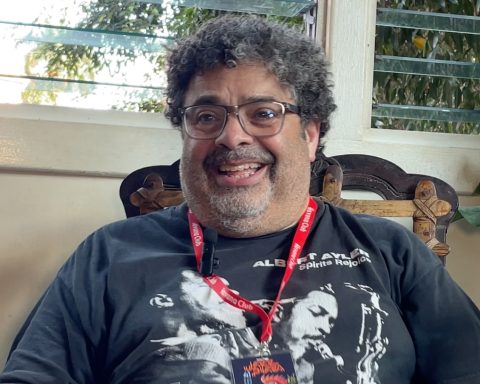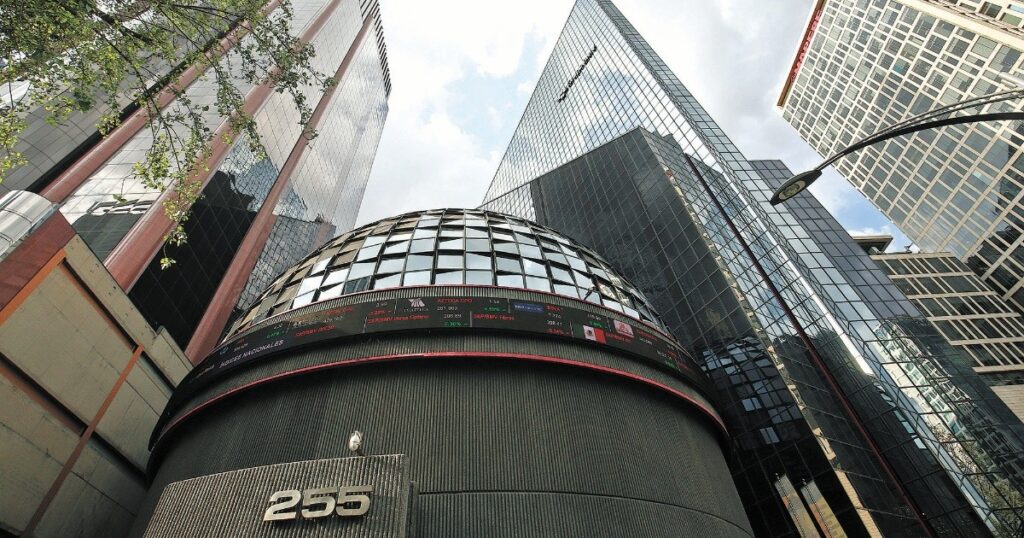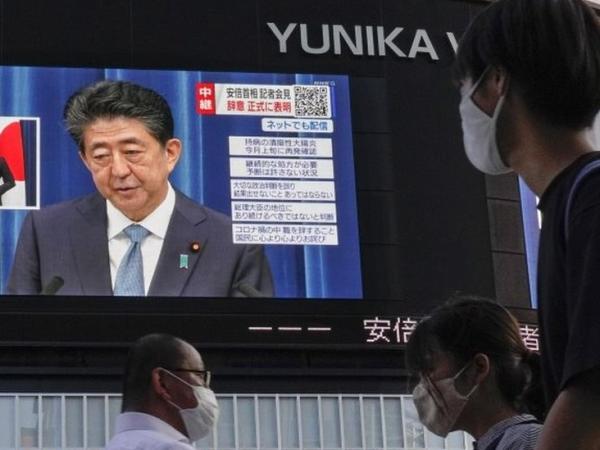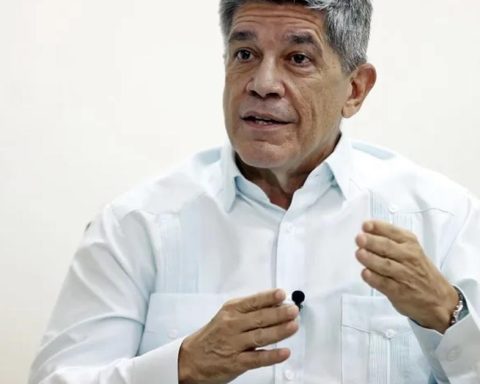LAS TUNAS, Cuba. — Alphonse Karr already said: “The more it changes, the more of the same”. And according to those words were realistically translated into literature, with no less crudeness in Cuba the first anniversary of the protests of the July 11 (J11) as if we were witnessing in a puppet theater a scene from the gatopardothe novel by Giuseppe Tomasi di Lampedusa.
I say that the Castro-communist regime is adopting a Lampedusian method according to the term adopted in political science, because in the best style of gatopardism (understood “change everything so that nothing changes”), while the prisons lock up hundreds of political prisoners and through the streets they go Thousands of people dissatisfied with the public policies of the regime, the ruler Miguel Díaz-Canel and Prime Minister Manuel Marrero and their cohorts tour the archipelago amid hypocritical acclamations, as if their legionnaires inhabited a wonderland and the Cubans were not a nation in the most absolute economic and moral ruin.
Meanwhile, Marrero came to Las Tunas and then flew to Isla de la “Juventud”. And I put the word youth in quotation marks because the former Isle of Pines, a symbol of the decadence of the regime and of the sociopolitical system imposed on Cubans through indoctrination and brute force, like all of Cuba, long ago ceased to be a citrus emporium cultivated by teenage students, Cuban and African, all quasi-joyful servants of the late Fidel Castro. Thus, while the prime minister toured the aging island of Pinera, the ruler Díaz-Canel visited Santiago de Cuba amid silly applause and debris coming over the homeless.
Due to the work and grace of the apathy of the regime and the poverty of Cubans, not by chance or by divine will (oh, God, forgive my disbelief), but due to the lack of steel and all the resources to build houses, in Santiago de Cuba An abandoned pre-university institute collapsed with parts of the curb removed, trapping two people in the rubble. The collapse occurred precisely while Díaz-Canel was visiting the city, as if the signs of misery and disaster were chasing the ruler throughout Cuba. .
While Castro-communist militarism establishes business with foreign private companies, whose shareholders and directors care little or nothing about the quasi-feudal conditions of servitude of their Cuban employees —violations for which one day these natural and legal persons will have to answer before the courts of justice— , the regime simulates, economically, a business opening classically inspired by gatopardism, authorizing small and medium-sized “private companies” that, in reality, are mere onerous usufructs, because those who thus negotiate with goods and services do so under the constitutional principle military that “the State directs, regulates and controls economic activity”.
In the sociopolitical sphere, Castro-communist totalitarianism masks itself with a body of laws that pretends to publicize which are new, when, in their essence, they go against universally accepted rights, erecting these codes not as guarantors of the human person, but as laws of the so-called “dictatorship of the proletariat”, understand the horde in power. Also understand that when I referred to Castro-communism as militarism, I am referring to the concept used to signify the predominance of the military element in the government of a State, a situation that produces privileges, inequalities and abuses of power by the armed institutions.
In 1959, Fidel Castro took power through a revolution that he said was of the humble, by the humble and “for the humble”, but in reality it was a rebellion against the dictatorship of Fulgencio Batista in which not only the humble took part, but all the layers of Cuban society, then, yes, heterogeneous, but democratic. Later it would be seen that the majority of the “humble” revolutionary leaders would cease to be so to transform themselves, their family, their contemporaries and those who were to come into a clan of bosses, owners of lives and estates, masking that entailment with speeches populists who allow the class in power to enjoy the good life in the best capitalist style in a civilized country, while those who applaud their rants are condemned to spend deprivation in purgatory.
Thus came the social outbreak of 11J. And as expected in a militaristic regime, soldiers and police with the connivance of prosecutors and judges took the rebels to jail, while the leadership of the communist party and its commissioners go through towns and cities ordering them to fill a hole here and that they give a coat of whitewash over there, as in Lampedusa’s fiction, making “everything change so that nothing changes”. But, although to avoid another 11J Díaz-Canel, Manuel Marrero and all the generals and commissioners of the regime go around the archipelago like gatopardos, the words of Alphonse Karr when he said “the more that changes, the more of the same” accuse them . In Cuba there are no changes, nor will there be as long as there is no democracy. The simulations that simulate civil, economic and political transformations are exercises in gatopardismo.
OPINION ARTICLE
The opinions expressed in this article are the sole responsibility of the issuer and do not necessarily represent the opinion of CubaNet.
Receive information from CubaNet on your cell phone through WhatsApp. Send us a message with the word “CUBA” on the phone +1 (786) 316-2072, You can also subscribe to our electronic newsletter by giving click here.
